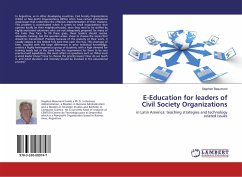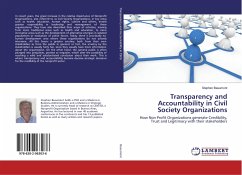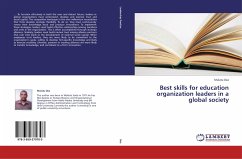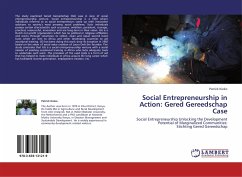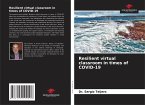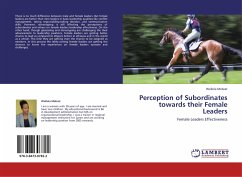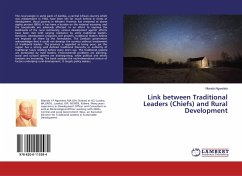In Argentina, as in other developing countries, Civil Society Organizations (CSOs) or Non-profit Organizations (NPOs) often have certain institutional weaknesses that undermine the effective implementation of their missions. This problem is accentuated when it comes to small organizations that operate locally (in their neighbourhoods), since they tend to be staffed by highly motivated volunteers who are not adequately prepared for many of the tasks they face. To fill these gaps, these leaders should receive adequate training, but the question arises: ¿how to choose the topics that should be transmitted? Precisely because of the gratuity of their work, it usually elapses in the limited free time that each one has. This shortage of time, coupled with the large differences in prior individual knowledge, creates a highly heterogeneous group of students, with a high demand for training needs but at the same time the requirement for them to be very practical and expeditious. We must reflect on questions such as: What must a social leader know? How to choose the priority issues? How do we teach it, and what duration and intensity should be involved in the educational process?
Bitte wählen Sie Ihr Anliegen aus.
Rechnungen
Retourenschein anfordern
Bestellstatus
Storno

